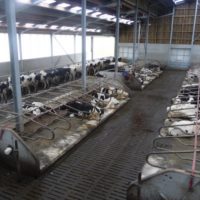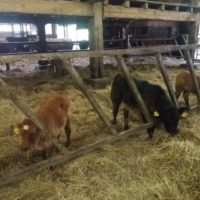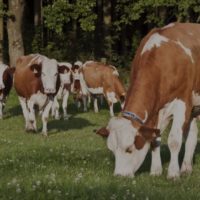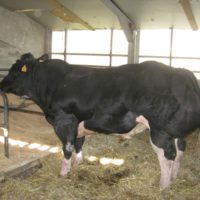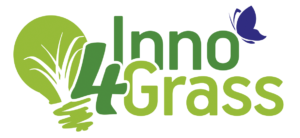Description
In southern Italy, the summer season is characterized by very high temperatures during the day. Heat stress can cause productive and reproductive problems to animals. In the Noci farm, located in Puglia, the breeder noted the reduction in the fertility and in the milk production in his Bruna breed cows during the grazing season in spring and summer. In fact, heat stress, combined with water drought, reduces the production of forage and determines the worsening of its quality and the efficiency of the forage conversion into milk. Due to lack of irrigation water and money for investments, the breeder was not able to increase his pasture productivity and opted for the replacement of the Brown breed with a more rustic one, and able to maximize the use of the available food resources, the Podolica breed. This dual-purpose native breed is more suited to the conditions of the area, being less sensitive to high temperatures and very suitable for poor pastures and wild breeding, showing fewer reproductive problems. Despite being less productive than the Bruna breed, the Podolica breed has a high quality milk that can be processed into a typical dairy production, the Caciocavallo podolico, which is sold to high prices to compensate for the lower production of milk. In addition, the Podolica, as a native breed, receives national and European subsidies that supplement the income of the farmers contributing to the conservation of local animal biodiversity.
The disadvantages associated with the farmer’s choice are
- Seasonality of milk production
- Difficult increase in milk production
Among the advantages, the income generated by the production of good quality meat.
Abstract also available in:
Dutch | French | German | Italian | Polish | Swedish

